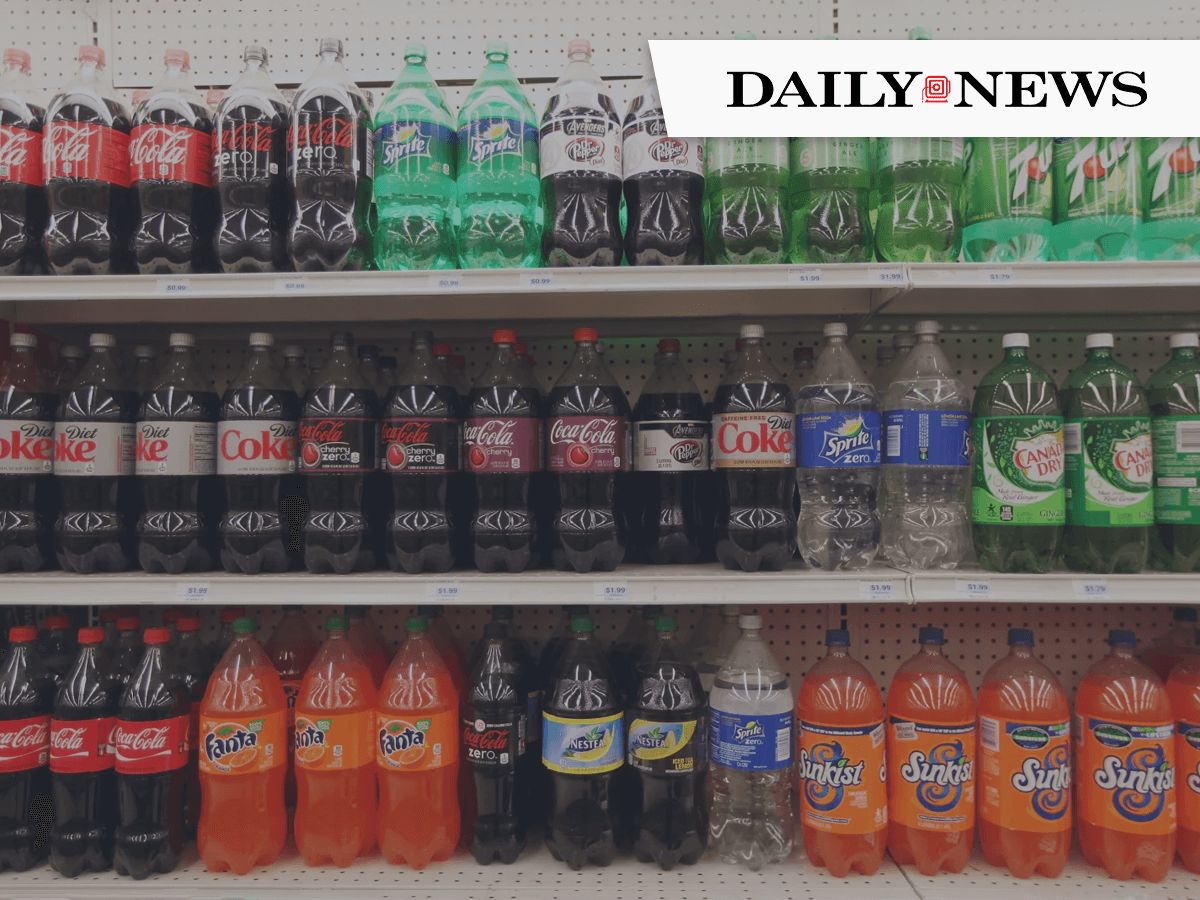McSilver Fellow-in-Residence Cathy Nonas authored an op-ed in the New York Daily News. Nonas discusses the value to New York City and New York State of revisiting a tax on sugary drinks. What’s changed since past efforts to pass a ‘soda tax’ failed? New research is available, and in the interim other cities have not only seen a shift in consumption — a positive health outcome — but also new revenue for communities in need. Read the piece at the Daily News or see the full text quoted below:
If you lived in New York City at the end of the first decade of the 21st century, you may remember the “soda wars.” The battle waged by then-Mayor Mike Bloomberg to curb the consumption of sugary drinks like soda made national headlines at the time.
A lot was made of the attempt to implement a “soda tax,” which ended up scuttled by a well-funded campaign to paint Bloomberg’s efforts as unfairly targeting families already struggling to buy groceries.
I’m a veteran of those battles, having worked on that campaign in the Department of Health at the time. The facts were on our side: the link between sugar-sweetened beverages (SSBs) and negative health outcomes are well known. These beverages are the single largest source of calories and added sugar in the U.S.
From diabetes to heart disease, the consequences of over consumption, which disproportionately impacts those same communities we were accused of attacking years ago, can be deadly.
Despite what happened in New York, the push to do something about the negative impact of SSBs has continued over the years. The positive results elsewhere show why it’s time New York City and New York State resurrect a public health initiative whose time has come.
A paper recently published in the Journal of the American Medical Association examined the results of soda taxes in five cities: Philadelphia, Seattle, Oakland, San Francisco and Boulder. The authors found not only “substantial and consistent” declines in local sugar sweetened beverage purchases, but also a windfall of tax revenue.
Philadelphia, for example, saw its SSB tax bring in $400 million over the last five years, equating to $70-80 million per year while the much smaller San Francisco made $15 million per year. New York City has a population five-and-a-half times greater than Philadelphia — imagine our potential.
The study found that within the first two years of the tax implementation, prices on SSBs rose an average of 1.3 cents per ounce, which would mean the cost of a 20 oz. bottle of soda would be 26 cents more. This relatively small increase led to a significant drop in purchases: the report found the average purchase volume of sugary drinks fell by a third. These results, according to the reports, continued throughout the study timeline.
This alone shows the positive, concrete impact a sugary drink tax has on reducing consumption. The cities examined by the report pointed to another major benefit: the ability to use the revenue raised by the taxes for public benefit.
For example, Philadelphia has used the tax revenue to pay for its pre-kindergarten program and for rebuilding its neighborhood parks, recreation centers, and libraries. San Francisco funds community-based grants, food access initiatives, and the revitalization of public housing, among other initiatives.
This twofold public benefit could have major implications for New York City, which continues to struggle with several fiscal priorities, from supporting migrant and asylum seekers to addressing the housing crisis and ensuring healthy food access for everyone.
Despite these obvious benefits of raising more funds for public support, the beverage industry can be depended on to again oppose this common-sense public policy. Yet we now know the devastating cost of inaction, as communities with high poverty rates face unacceptable gaps in mortality and other health outcomes compared to wealthier communities.
And with poverty itself listed as the fourth leading cause of death in America, and sugary drinks being clearly associated with increased risk of disease, any and all efforts to tax sugary drinks to directly benefit communities in need is a slam-dunk.
Efforts to bring this policy back has found a champion in state Sen. Gustavo Rivera, a Bronx member of the state Legislature and chair of the Senate Health Committee, who has introduced a bill that would make New York the first to implement a state-wide SSB tax. This kind of forward-thinking approach would provide the state with revenue to improve the lives of some of our most vulnerable New Yorkers.
Whether at the state or city level, New York needs to re-embrace its commitment to curbing sugary drinks, and use the tax revenue to aid those poor and marginalized communities most impacted by negative health consequences. Lives depend on it.
Nonas is a fellow-in-residence at the NYU McSilver Institute for Poverty Policy and Research and the CEO of Meals For Good, a nonprofit that works to support New York families facing food insecurity. She previously served as a senior advisor in the Center for Health Equity at the New York City Department of Health and Mental Hygiene.

